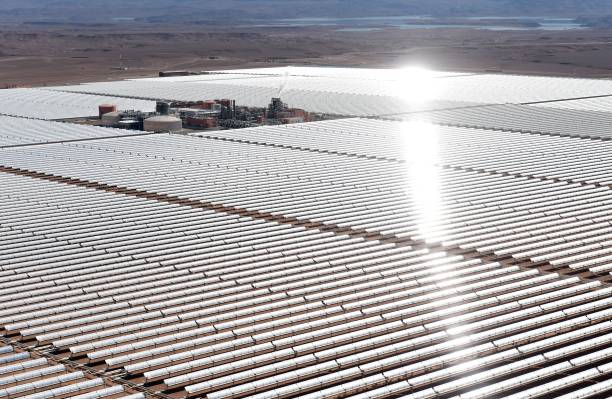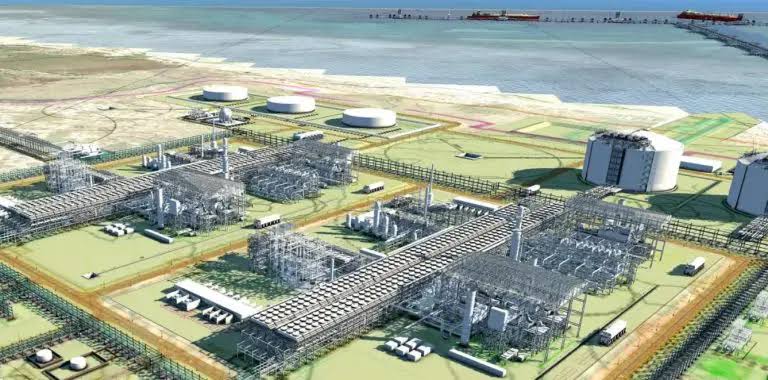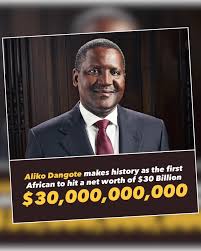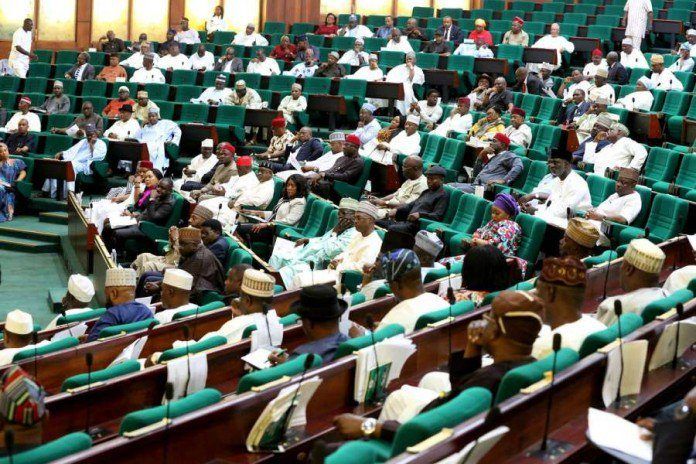Africa’s Green Hydrogen Ambition: Powering a Clean Energy Future
(25).jpeg)
Africa is on the brink of an energy revolution that could redefine its global economic position. The growing push for green hydrogen, a clean fuel produced using renewable energy, presents both an opportunity and a challenge for the continent. As the world transitions away from fossil fuels, African nations rich in solar, wind, and hydro resources are positioning themselves as future leaders in this emerging market. The stakes are high, but so are the rewards for nations willing to innovate and lead boldly.
Why Green Hydrogen Matters
Green hydrogen is produced through electrolysis, where water is split into hydrogen and oxygen using electricity from renewable sources. Unlike grey or blue hydrogen, it emits zero carbon during production, making it a critical component in global climate goals. According to the International Renewable Energy Agency, green hydrogen could meet 12% of the world’s energy demand by 2050. For Africa, this is not just an environmental opportunity, it is an economic one.
(26).jpeg)
Image credit: iStock
Countries such as Namibia and South Africa have already unveiled ambitious hydrogen strategies. Namibia’s partnership with the EU to build one of the world’s largest green hydrogen projects in the Tsau Khaeb National Park could generate billions in revenue and create thousands of jobs. South Africa, leveraging its platinum reserves, is exploring hydrogen fuel cells for both domestic use and export (Reuters).
Beyond these flagship nations, Mauritania and Morocco are also stepping onto the global stage. Mauritania has signed deals worth over $40 billion with international partners to develop hydrogen projects capable of powering industries across West Africa. Morocco’s green hydrogen ambitions align perfectly with its existing solar infrastructure, making it a key exporter to the European market. This transformation is bold: green hydrogen promises to power industries, fuel heavy transportation, and store energy areas where solar and wind alone often fall short.
Economic Opportunities and Global Partnerships
The global race for green hydrogen is intensifying, and Africa’s potential is drawing investments from Europe, Asia, and the Middle East. Germany, Japan, and South Korea are among the nations signing agreements with African states to secure future supplies. Morocco, with its vast solar farms, has become a strategic partner for the EU in its decarbonization drive.
Investments in hydrogen projects could stimulate infrastructure development, from new ports to upgraded power grids. Additionally, green hydrogen production creates a ripple effect across sectors boosting manufacturing, research, and skilled employment. The African market could generate millions of green jobs if properly structured.
In Kenya, small startups are emerging to support hydrogen logistics, while Tunisia is exploring joint ventures with European firms to scale up production. The African Hydrogen Partnership notes that cross-border collaborations can create a continental hydrogen economy, integrating North African exports with sub-Saharan industrialization. African universities are also collaborating with global tech firms to advance hydrogen research, ensuring that local talent contributes to the development of this high-value industry.
However, to fully benefit, African countries must negotiate fair trade agreements and ensure local communities reap the rewards. Past resource booms have shown that without equitable policies, wealth can be concentrated in the hands of a few. Therefore, leaders must learn from the past and develop frameworks that ensure transparency and long-term benefits.
The Challenges Ahead
While opportunities are vast, challenges remain significant. Electrolysis requires vast amounts of water, which is scarce in many African regions. Desalination plants, which convert seawater into freshwater, may mitigate this but add costs. Infrastructure gaps, political instability, and lack of technical expertise also threaten progress.
Moreover, critics warn that Africa risks becoming merely a supplier of raw energy to wealthier nations unless value is added locally. The African Development Bank emphasizes that hydrogen projects must integrate local manufacturing and training programs to avoid replicating patterns of dependency.
The issue of digital literacy also plays a role: advanced hydrogen systems require skilled engineers, researchers, and policymakers who understand both energy technology and market trends. Without proper education initiatives, African nations may find themselves outsourcing expertise, limiting domestic control over the industry. A major challenge remains the slow disbursement of funds from local banks, which hinders project expansion despite strong international interest. The lack of cohesive energy policies across African nations also creates regulatory uncertainty, discouraging some private investors from fully committing.
Renewable Energy Synergy
Africa’s abundant renewable energy resources provide a strong foundation for hydrogen development. Solar capacity in the Sahara, wind corridors along the coasts of Kenya and Tanzania, and hydropower in Ethiopia can drive electrolysis at scale. Projects like Morocco’s Noor Ouarzazate Solar Complex, one of the largest in the world, demonstrate how renewables can anchor green industrialization.
Furthermore, hybrid systems combining wind and solar are being explored to optimize energy production and reduce intermittency. Kenya, already a leader in geothermal power, is integrating hydrogen into its long-term energy strategy to diversify exports and reduce reliance on imported fossil fuels. Uganda is also examining hydrogen technology as part of its renewable energy mix, particularly in agricultural processing and transportation sectors.
Investors from Hydrogen Europe are collaborating with African governments to create a roadmap for scaling hydrogen production while protecting ecosystems. This approach ensures that economic development goes hand in hand with environmental stewardship. Partnerships with local communities are essential, as they ensure social acceptance and minimize the risk of land disputes during project implementation.
Hydrogen and the Informal Economy
Image source: Google
Green hydrogen could also impact the informal economy, indirectly boosting local businesses. For example, renewable-powered hydrogen plants often lead to better local infrastructure, benefiting nearby communities. New roads, energy lines, and internet connectivity installed for these projects often spill over into local economies.
In Ghana, early pilot programs have provided clean energy to rural schools and small businesses, enhancing productivity. Additionally, South Africa’s hydrogen valley project includes local workforce training programs, ensuring job creation at the grassroots level. This ensures that economic transformation is not limited to urban centers but spreads to marginalized regions.
Furthermore, women-led enterprises stand to benefit from this transformation. Clean hydrogen energy can power small-scale manufacturing, food processing, and micro businesses, improving both incomes and living conditions. This gender-inclusive approach makes hydrogen not only an energy innovation but also a social one.
Africa as a Global Hydrogen Hub
Africa stands at a crossroads. The push for green hydrogen represents both an environmental necessity and an economic opportunity. With proper policies, investment in research, and regional collaboration, the continent could emerge as a global hydrogen hub.
However, success will depend on leadership that prioritizes community benefits, environmental sustainability, and skill development. The African Union has a role to play in coordinating efforts, harmonizing regulations, and ensuring projects align with long-term development goals.
As the world moves toward a low-carbon future, Africa’s green hydrogen journey could define its place in the global energy map. If handled strategically, this transformation won’t just power industries, it will empower nations.Youth involvement in hydrogen innovation, through mentorship and entrepreneurship programs, will be the driving force ensuring that this transformation benefits future generations. This new era of energy could place Africa at the center of the global clean energy supply chain, making it not only a participant but a leader in the world’s sustainability agenda.
Recommended Articles
Namibia's Green Hydrogen Boom: Africa's Maritime Future Takes Flight

Namibia is strategically positioning itself as a pivotal hub for the global green shipping economy, leveraging its abund...
Urgent Push: Health Groups Demand New Emergency Operation Centers

eHealth Africa (eHA) joined global leaders at ICPHC 2025 in Addis Ababa, driving conversations on digital transformation...
Coldplay's UK Tour Takes Off: Martin's Superfan Reveal & Wembley's Historic Shows!

Coldplay is making headlines with their eco-conscious 'Music Of The Spheres' world tour, featuring a landmark renewable ...
Morocco’s Green Data Vision: Powering Sovereignty Through Wind, Sun, and Strategy

Morocco plans to build a 500-megawatt data center in Dakhla powered entirely by green energy (wind and solar). This proj...
You may also like...
The 1896 Adwa War: How Ethiopia Defied Colonialism

Ethiopia with the exception of Liberia which was used as a settler place for freed slaves remains the only African Count...
Why We Need Sleep: Inside the Brain’s Night Shift

Even when you’re asleep, your brain is quietly up to something, sorting, cleaning, and working behind the scenes.
When Nollywood Meets Netflix: The Creative Tug Between Local Storytelling and Global Algorithms

Nollywood’s partnership with Netflix is rewriting the script for African cinema, offering global reach but raising quest...
Mozambique's LNG Megaproject: A Promise or Peril?

TotalEnergies is leading a consortium in Mozambique as it promises potential restructuring of the nation's energy se...
Aliko Dangote, Africa’s Wealth King: First African-Born Billionaire to Cross $30B

Aliko Dangote, the richest Black man in the world, has reached a new milestone, with a net worth of $30.3 billion, accor...
WAEC Conducts Trial Essay Test Ahead of Full Computer-Based WASSCE in 2026

The trial Computer-Based Test (CBT) for the WAEC essay was held on Thursday, October 23, 2025. The exercise was conducte...
Can Long- Distance Love really work?

Can love really survive when touch becomes a memory and connection lives behind a screen? For many, distance isn’t the ...
Nigeria’s Rental Crisis: House of Representatives Moves to Cap Rent Hikes at 20%

Nigeria's rental market has been under intense pressure, and now lawmakers are stepping in. The House of Rep. has called...
